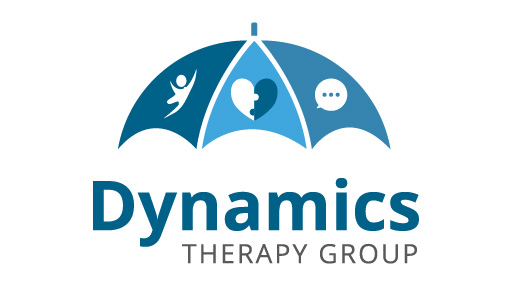
Aphasia is a complex language disorder resulting from damage to the language centres of the brain, typically in the left hemisphere. This damage may be caused by:
- A stroke
- Head Injury
- Brain tumour
- Other neurological illnesses
Aphasia involves impairment in primarily verbal and written communication. Specifically, it is the impairment of spoken language comprehension and expression, and written language comprehension and expression.
If you have aphasia you may have difficulty with:
- Speaking (expressive aphasia): e.g., difficulty finding words, substituting words or sounds, producing made up words, producing sentences with little to no meaningful content
- Understanding speech (receptive aphasia): e.g., taking longer time to understand words, difficulty following conversation, unreliable yes/no responses, poor self-awareness of errors
- Reading (alexia): e.g., difficulty recognizing words and written content, substituting words erroneously
- Writing (agraphia): e.g., difficulty writing or copying letters or words, spelling errors, writing made up words, lack of meaningful content in written passages
Aphasia generally does not have an impact on a person’s intelligence. People with aphasia will still think the same but are unable to communicate their thoughts as easily. Most importantly, aphasia will affect people in different ways and no two people will have exactly the same difficulties.
If you live with or care for a person with aphasia, you may be unsure about the best way to communicate with them. You may find the following advice helpful:
· During conversations, allow the person plenty of time to respond. If a person with aphasia feels rushed or pressured to speak, they may become anxious which can have an impact on their ability to communicate.
· Use short, simple sentences. Try not to change the topic of conversation quickly.
· Try to avoid asking open-ended questions. Closed questions that have a yes or no answer can be better.
· Avoid finishing a person’s sentences or correcting any errors in the way they speak. This may cause frustration for the person with aphasia.
· Keep distractions to a minimum, such as background radio or TV noise.
· Use paper and a pen to write down key words, or draw diagrams or pictures, to help reinforce your message and support their understanding of what you are saying.
· If you don’t understand something a person with aphasia is trying to communicate, don’t pretend you understand. The person may find this upsetting.
· Use visual forms of communicating such as pointing, gesturing and objects, to support their understanding.
· If they’re having difficulty finding the right word, try to give them cues– ask them to describe the word, think of a similar word, try to visualise it, think of the sound the word starts with, try to write the word, use gestures, or point to an object.
For an individual with aphasia, it is ideal to consult a speech therapist who will be able to conduct an in-depth language assessment to better understand the nature of the language that the individual is experiencing. Appropriate therapy goals and plans can then be prescribed in discussion with the individual and his/her communication partners. The speech therapist would also be able to advise suitable communication strategies for both the individual and communication partners to facilitate more effective interaction.




